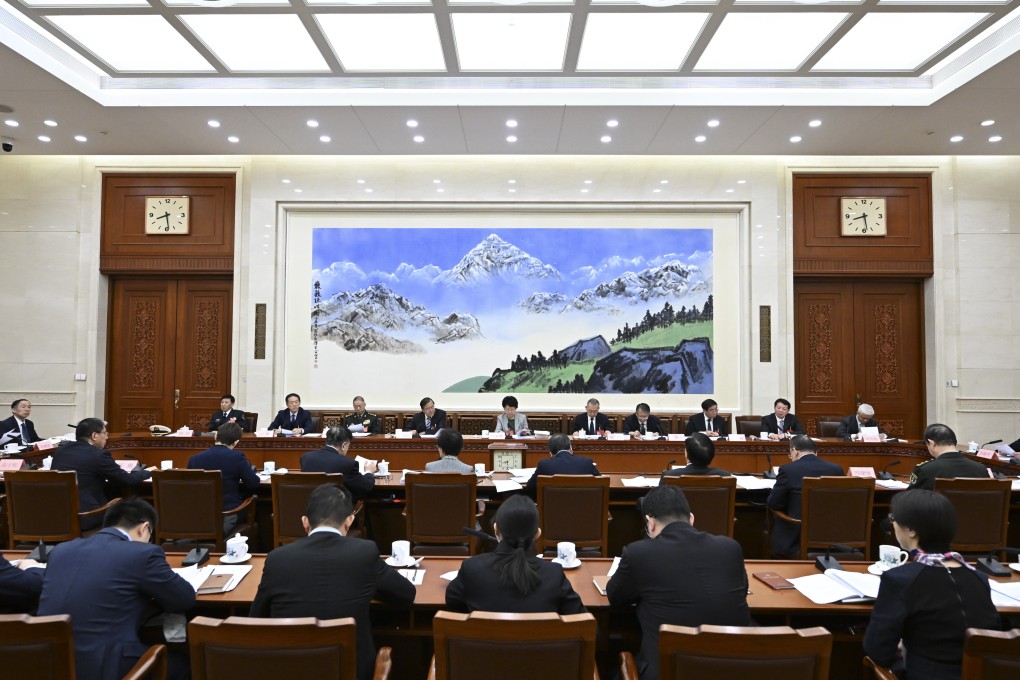Editorial | China’s challenges ahead will test strengthening of party leadership
- State Council institutions must follow new line that aims to improve efficiency, deliver growth and ensure technological transformation

As the annual National People’s Congress session closed this week, delegates put the final touches on changes that signalled the strengthening of Communist Party control over government and financial institutions.
In the face of challenges at home and abroad, the legislature passed a law requiring Premier Li Qiang’s State Council, or cabinet, to adhere to the party’s ideology, leadership and instructions.
The amendment to the Organic Law of 1982 made it clear the State Council will take a back seat to shaping policy and instead turn to implementing ruling party policies.
The premier’s annual news conference, a fixture at the “two sessions” for 30 years, was also scrapped this year.
State Council institutions will adhere to the new line, among them the commerce, foreign affairs, finance and defence ministries, and the securities regulator and central bank.
In the case of the People’s Bank of China, last year’s appointment of Pan Gongsheng as governor and party chief fuelled speculation that the post held diminished power, as he was not a full or alternate member of the powerful party Central Committee.
